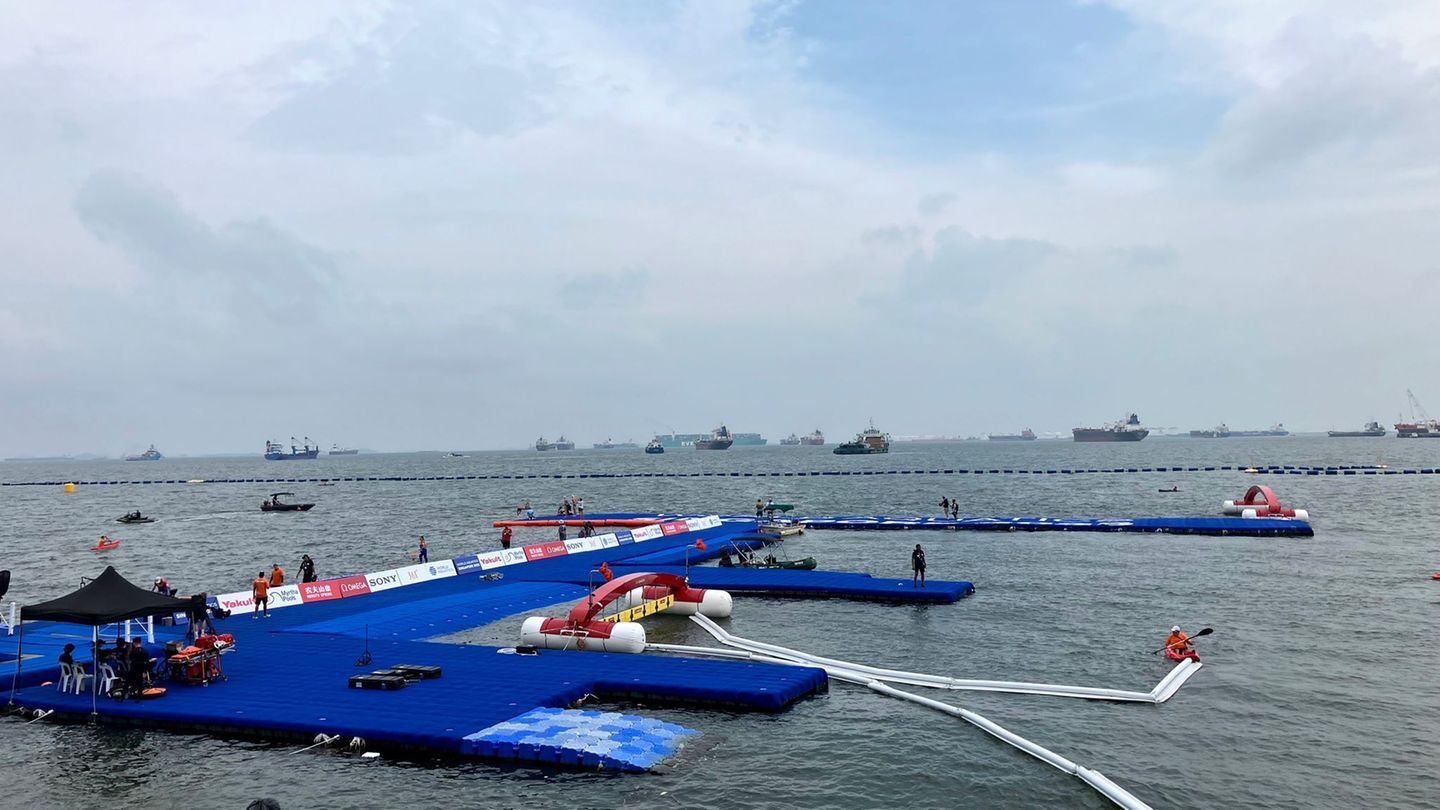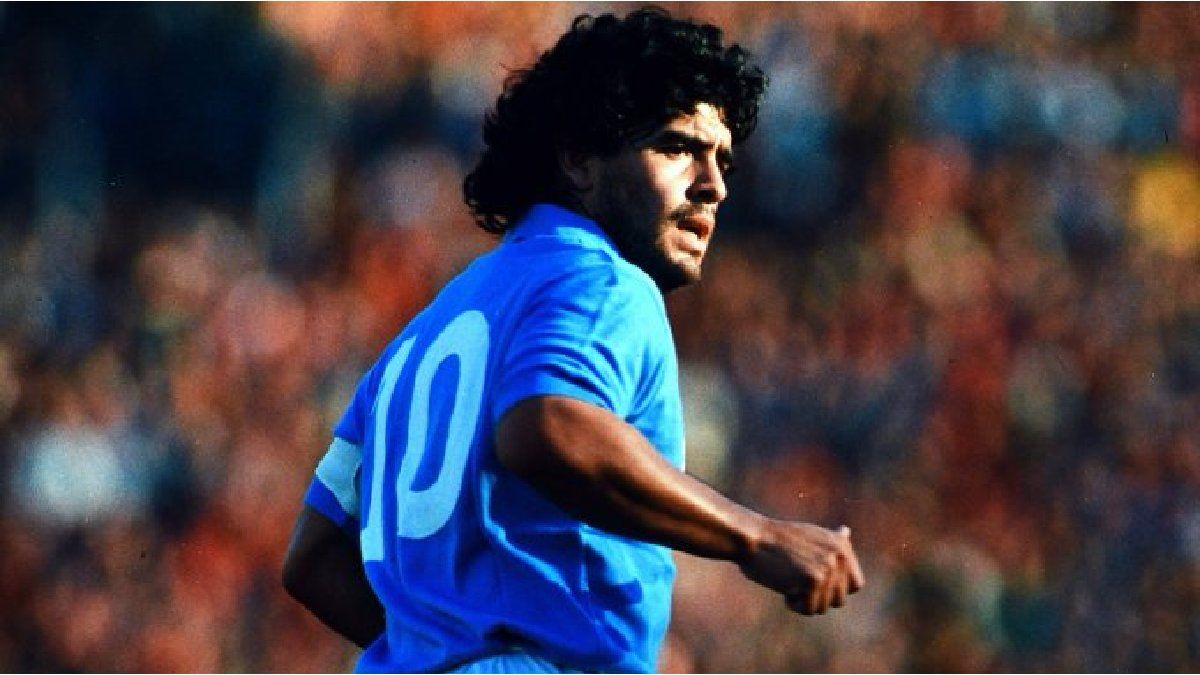Government survey
Scholz warns of a standstill until the election
Copy the current link
Two weeks before the vote on his vote of confidence in the Bundestag, the Chancellor is answering questions from MPs. Above all, he addresses a wish to the parliamentarians.
Chancellor Olaf Scholz has warned of political standstill in the Bundestag until the new Bundestag elections on February 23rd. In a government survey, the SPD politician once again called on the opposition to approve several legislative proposals from his red-green minority government. “The time of the election campaign is not the time of standstill. There is still something that can be done,” he said. “I ask you to be part of this.”
Scholz defended his controversial Ukraine course. He reiterated his opposition to the delivery of the Taurus cruise missile to Ukraine and opposed speculation about sending German soldiers in the event of peace.
“I also want to become my own successor”
Regarding his own future after the election, he said: “I also want to become my own successor.” For the first time since the end of the traffic light coalition and the new election decision, the Chancellor answered MPs’ questions for about an hour. Next week he wants to submit a motion to the Bundestag to ask for a vote of confidence, which will then be voted on on December 16th. Scholz wants to use this to bring about new elections in February.
The survey was dominated by the beginning of the election campaign. In his opening speech, Scholz appealed to members of the Bundestag not to stop political work because of the election. As possible joint resolutions, he mentioned the planned relief from the so-called cold progression in income tax, an increase in child benefit and the further financing of the Germany Ticket in local transport. It is also about extending the rent cap for tight housing markets. It would be bad if it expired at the end of next year.
In order to secure jobs in industry, security in energy prices is also needed, the Chancellor warned. “We have now made a proposal to use the funds still available to prevent an increase in network fees for the large overhead lines, which are so important and require so much investment, next year.” He therefore asked that the proposal for discharge be passed in this Parliament this year.
Scholz promotes “cool heads” in Ukraine politics
The survey took place just two days after the Chancellor’s trip to Ukraine, which was criticized by the Union as an election campaign maneuver. Scholz said that it was crucial for him to talk to Ukraine right now, before this winter with its great dangers. “This has to be done in great detail and intensively.”
He reiterated his no to the delivery of the long-range Taurus cruise missiles and his no to general permission for the use of German weapons against targets on Russian territory. It’s important to “keep a cool head.”
Speculation about German troops “completely inappropriate”
Scholz also called it “completely inappropriate” to speculate now about a possible deployment of German soldiers in Ukraine in the event of peace. He contradicted the impression that Foreign Minister Annalena Baerbock (Greens) was already considering such an operation. Baerbock was asked on the sidelines of a meeting of foreign ministers in Brussels what would happen “in a later peace phase”. “And actually she just tried not to say yes or no,” said Scholz.
Baerbock said in Brussels, without being asked, that various elements of peace in Ukraine were on the table, including “an international presence to secure a ceasefire.” When asked about a possible German role in this, she said that Germany would “support with all our strength” what would promote peace.
Where is the “economic miracle”?
When asked where the “economic miracle” he once announced was, Scholz argued that the federal government had made the necessary investments possible for it. They made growth processes possible in the country “that are much greater than what we have experienced in the past.” Furthermore, the current weakness in global economic demand is a “different challenge” for Germany than for other countries.
Irritation over comments about South Korea
Scholz caused irritation with a statement about the political situation in South Korea. It was depressing that the country, which is friendly with Germany, had declared martial law, he said, adding: “My wish is that this be withdrawn very quickly, as the Korean parliament has also demanded.” The CDU economic politician Julia Klöckner immediately pointed out to Scholz that martial law had already been lifted with the words “just for your enlightenment”.
In fact, South Korean President Yoon Suk Yeol surprisingly declared martial law on Tuesday, but withdrew it a few hours later after massive political resistance. There are now calls for him to resign. It remained unclear what motivated Yoon to take his radical step.
dpa
Source: Stern
I have been working in the news industry for over 6 years, first as a reporter and now as an editor. I have covered politics extensively, and my work has appeared in major newspapers and online news outlets around the world. In addition to my writing, I also contribute regularly to 24 Hours World.




